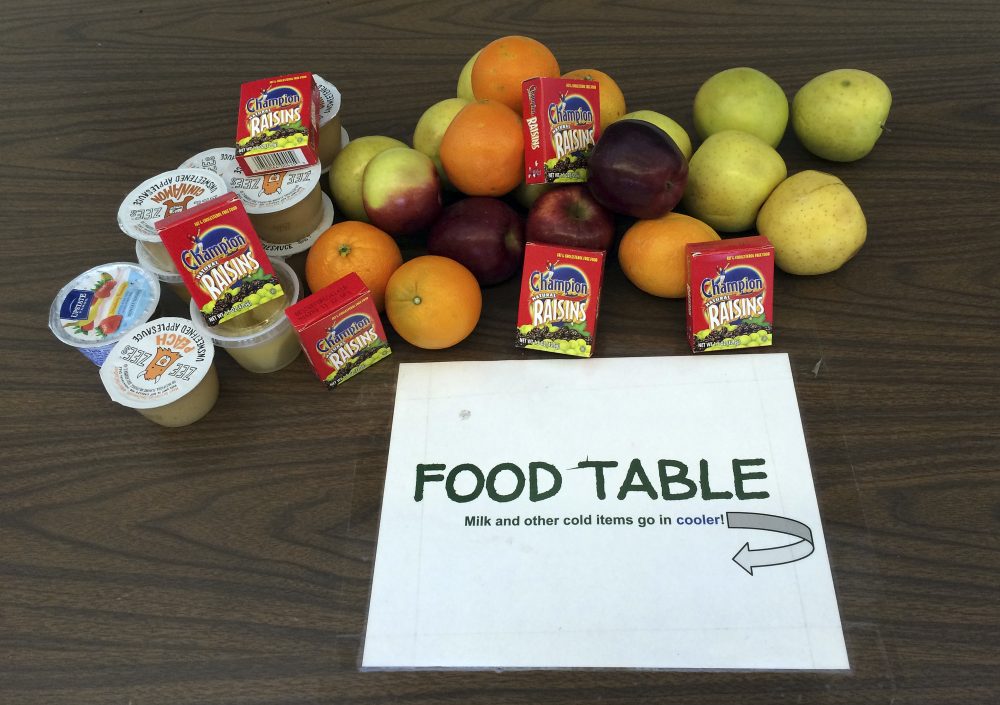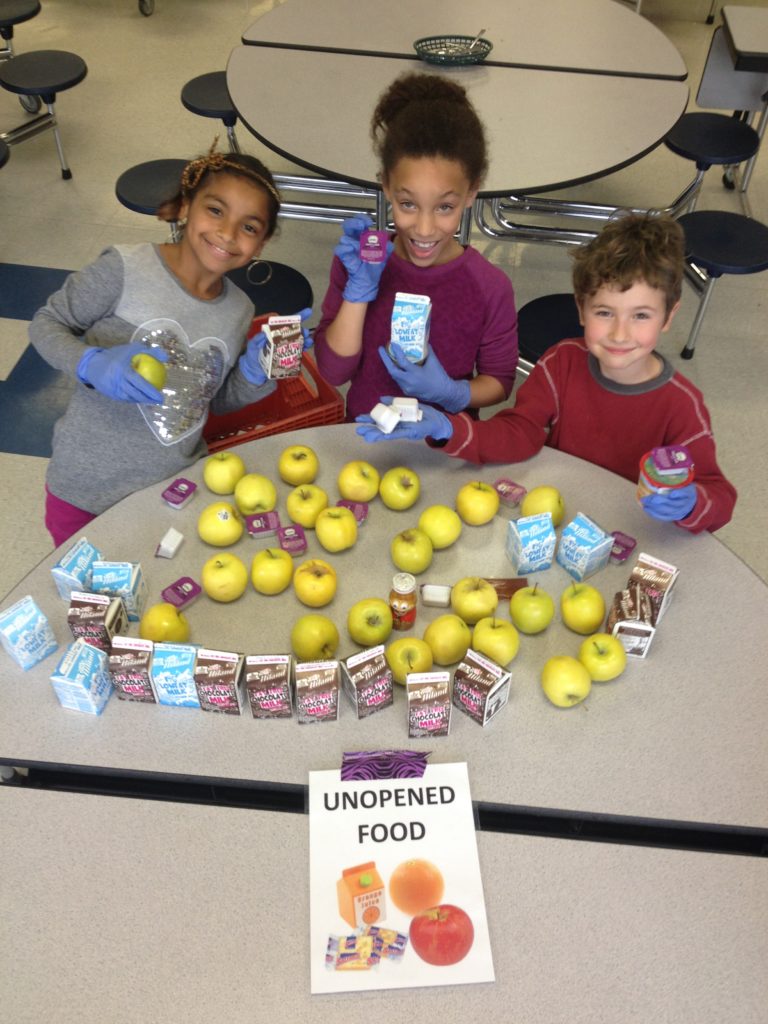News
Shared Table Initiative helps Schools avoid Food Wastage and Student Hunger
A New Policy
“Share tables,” as described in a U.S. Department of Agriculture memo, are tables or stations in the school cafeteria where students may return whole, unopened or untouched food and beverages they choose not to eat, provided it complies with local and state food safety code. These uneaten items are then available to other children who would want that food,’ reports the Charleston Gazette Mail.
The U.S. Department of Agriculture came up with this initiative in order to encourage children to drop off their unopened food on a table where other children who require it can take. This move both avoids food wastage and addresses the problem of student hunger.
The West Virginia Department of Education is the latest state to adopt this initiative by the USDA, which lets individual county health departments work with them to come up with guidelines and regulations for food that can be left on the Shared tables. The food that meets these requirements can be left on the table for students who need it at the end of the day, or can be donated to a food bank or a shelter.
Reusable Food Regulations
“The Reusable food could include unopened, prepackaged items, like baby carrots or sliced apples; whole pieces of fruit; or unopened milk, if it is properly maintained in a cooling bin. The USDA memo recommends against reusing unpackaged food, open items and perishable food. Commonly shared items include cereal bars, graham crackers and muffins — all kept within their packaging,” Charleston Gazette Mail reported McCoy as saying. “Reusable fruit must have thicker skins, like bananas and oranges, while thin-skinned and easily bruised apples cannot.”
A Very Welcome Move
This initiative was first sponsored as a House Bill 4478 by Delegate Chad Lovejoy, D-Cabell, in the 2018 legislative session. “To visit schools around the state in my capacity as a delegate and see a share table full of food is pretty exciting,” Lovejoy is reported as saying. “To know that these children will have something to eat, it’s pretty rewarding — not just for me, but for other students, teachers and child support advocates.”
Steven Paine, West Virginia Superintendent of Schools also appreciated this effort, and is reported to have said in an email, “I applaud this new policy because we know a child’s basic needs have to be met before learning can occur… Nutrition helps improve academic achievement, absenteeism and focus in the classroom.”










